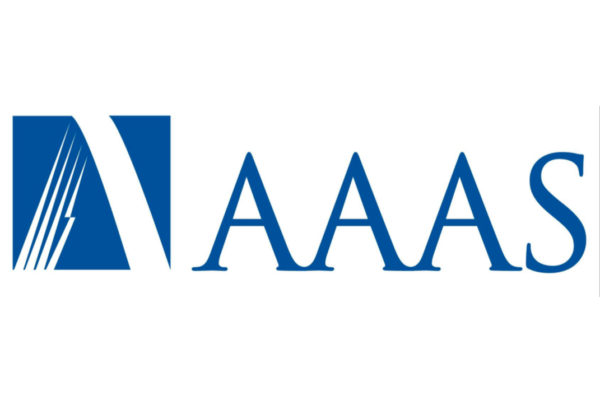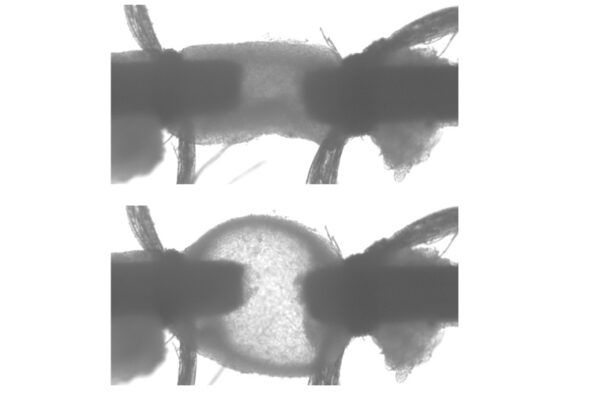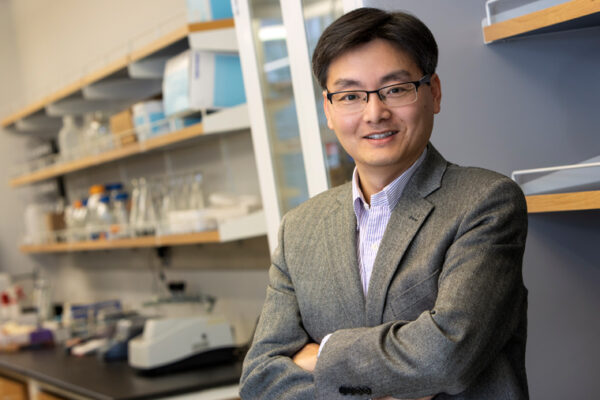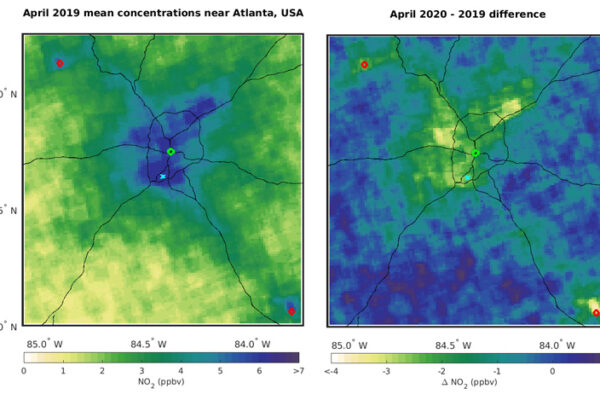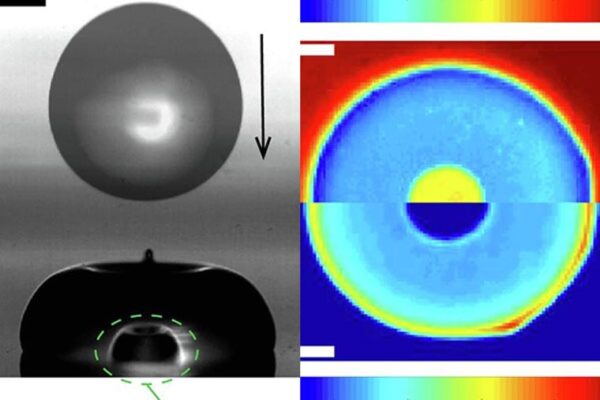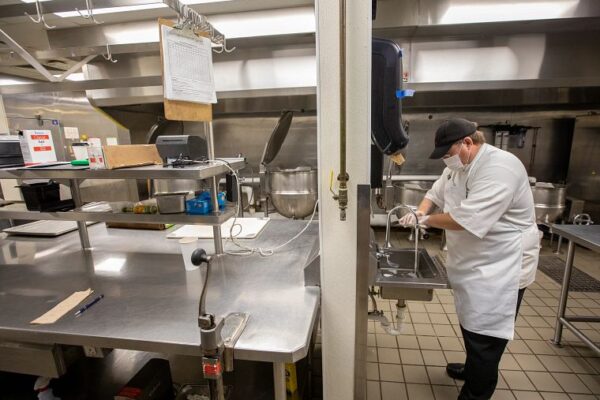AAAS names eight Washington University faculty as 2021 fellows
Eight faculty members at Washington University are among 564 new fellows selected by the American Association for the Advancement of Science: Leonard Green, Elizabeth S. Haswell, Sophia E. Hayes, Erik Herzog, Mark A. McDaniel, Jay W. Ponder, Crickette Sanz and Pamela K. Woodard.
Chakrabartty named vice dean for research in engineering
Shantanu Chakrabartty has been named vice dean for research and graduate education at the McKelvey School of Engineering at Washington University in St. Louis.
Starting at the beginning
Using a mouse model, researchers in the lab of Jessica Wagenseil have modeled the behavior of the aorta to understand how it develops and how it responds to mechanical stressors.
He named editor of Journal of Hazardous Materials
Zhen (Jason) He has been named editor in chief of the Journal of Hazardous Materials, which focuses on the health and environmental risks that some materials pose.
Lockdown drove pollution changes between – even within – cities
For the first time, researchers can infer levels of nitrogen dioxide on scales as small as a square kilometer thanks to a new method developed in the lab of Randall Martin.
Engineering, medical schools partner for women’s health tech initiative
Researchers at the McKelvey School of Engineering and the School of Medicine at Washington University are launching the Women’s Health Technologies Initiative, which will focus on innovative therapies supporting female reproductive health.
The ‘surprisingly simple’ arithmetic of smell
Research from the lab of Barani Raman finds in locusts that the presence of smell can be determined by simply adding and subtracting the presence of certain neurons.
Heat conduction important for droplet dynamics
A team of engineers at the McKelvey School of Engineering found that conduction of heat plays a larger role than previously thought in the dynamics of droplets on smooth surfaces that repel water.
Growing algae outside of wastewater
Zhen (Jason) He, professor at the McKelvey School of Engineering, has cleaned up the process for using wastewater to grow algae.
Understanding features that help cells stay organized
Work from the lab of Rohit Pappu at the McKelvey School of Engineering and colleagues at St. Jude continues to reveal novel findings about phase separation, the process cells use for organization.
View More Stories
